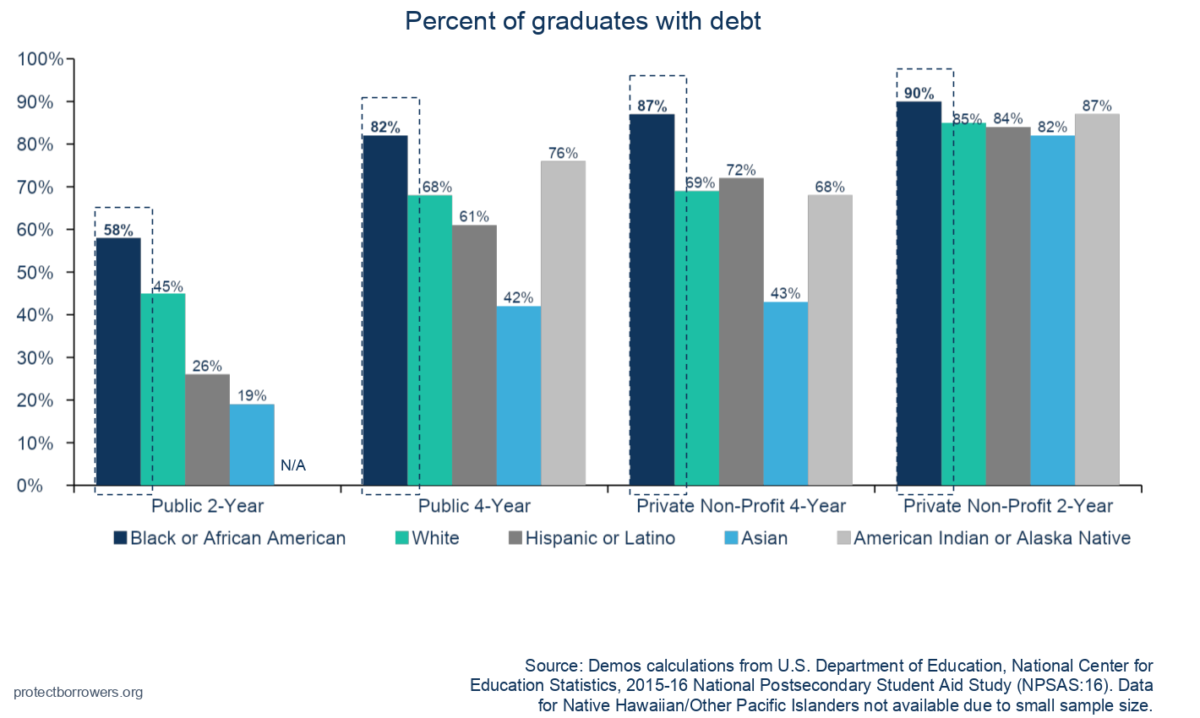
Back In 2020 Citi Publish ‘Racism Cost U.S. Economy $16 Trillion Dollars’
(NEW YORK, NY) Economy News: Over the past two decades, the United States has forfeited approximately $16 trillion in gross domestic product (GDP) due to race-based discrimination and inequality, according to a recent report by Citigroup. This staggering figure underscores the profound economic impact of systemic racism and highlights the urgent need for comprehensive reforms to address these inequities.
The Economic Toll of Discrimination
Race-based discrimination affects various aspects of life, including education, employment, housing, healthcare, and justice. These disparities not only harm individuals and communities but also have far-reaching economic consequences. The Citigroup report identifies several key areas where racial inequality has directly impacted economic growth:
1. Wage Gaps and Employment Disparities: Discrimination in hiring, promotions, and pay has led to significant wage gaps between racial groups. African Americans and Hispanics, for example, often earn less than their white counterparts for similar work. This wage disparity limits the purchasing power and economic mobility of minority communities, reducing overall consumer spending and economic growth.

2. Education Inequities: Access to quality education is a critical determinant of economic success. Minority students frequently face underfunded schools, limited resources, and systemic biases, which impede their educational attainment and career prospects. These educational barriers contribute to a less skilled workforce, hindering productivity and innovation.
3. Barriers to Homeownership: Homeownership is a primary means of building wealth in the United States. However, discriminatory practices in lending and real estate, such as redlining and biased appraisals, have historically restricted minority access to homeownership. This has resulted in significant wealth gaps and reduced investment in minority neighborhoods, stunting local economic development.
4. Health Disparities: Racial and ethnic minorities often experience disparities in healthcare access, quality, and outcomes. Poor health reduces individuals’ ability to work and contribute economically, while increased healthcare costs burden families and the economy. Health inequities also lead to higher rates of chronic illnesses, further straining the healthcare system and the economy.

The Path Forward: Addressing Racial Inequities
The $16 trillion loss in GDP due to racial discrimination is a stark reminder of the urgent need for policies and initiatives aimed at promoting racial equity. Addressing these issues requires a multifaceted approach:
1. Policy Reforms: Governments at all levels must implement policies to address racial disparities in education, employment, housing, and healthcare. This includes enforcing anti-discrimination laws, increasing funding for minority-serving institutions, and promoting fair housing practices.

2. Corporate Responsibility: Businesses must commit to diversity, equity, and inclusion (DEI) initiatives. This includes eliminating biases in hiring and promotion processes, ensuring pay equity, and investing in minority communities. Companies that prioritize DEI are likely to benefit from a more diverse and innovative workforce, which can enhance productivity and profitability.
3. Community Investment: Investing in minority communities is crucial for economic development. This can be achieved through initiatives such as affordable housing programs, small business grants, and improved access to healthcare and education. Public and private sectors should collaborate to create sustainable economic opportunities in these communities.
4. Educational Equity: Ensuring equal access to quality education for all students is fundamental. This includes increasing funding for under-resourced schools, providing scholarships and mentorship programs for minority students, and addressing systemic biases in education.
5. Health Equity: Efforts to reduce health disparities should focus on expanding access to affordable healthcare, addressing social determinants of health, and implementing community-based health programs. Improving health outcomes for minorities can lead to a more productive workforce and reduced healthcare costs.
Conclusion
The economic cost of race-based discrimination and inequality in the United States is profound, with a $16 trillion loss in GDP over the past two decades. This figure not only highlights the moral imperative to address racial disparities but also underscores the economic benefits of promoting equity and inclusion. By implementing comprehensive reforms across policy, business, and community sectors, the United States can work towards a more equitable and prosperous future for all its citizens.


